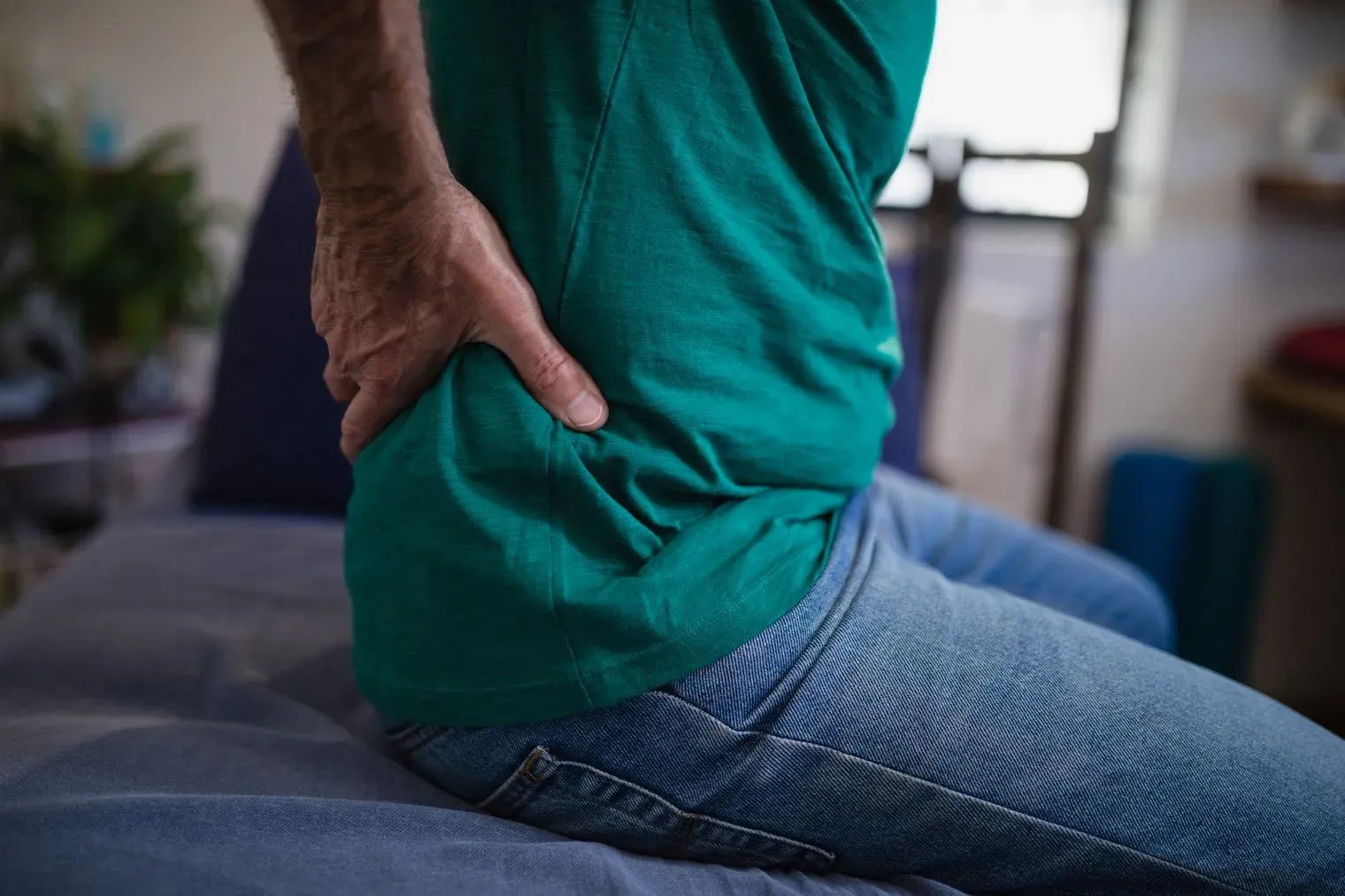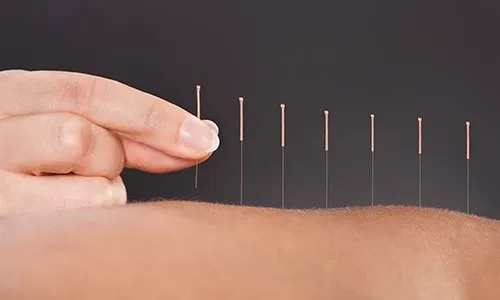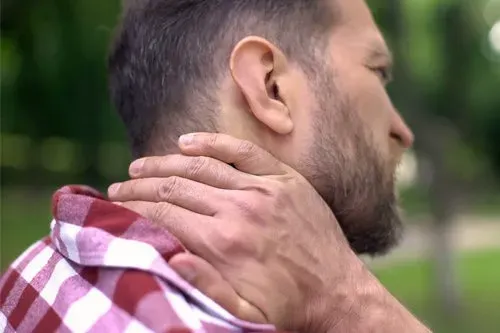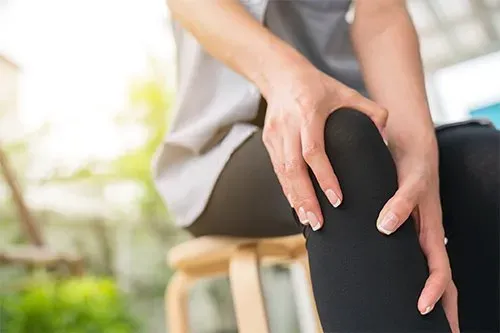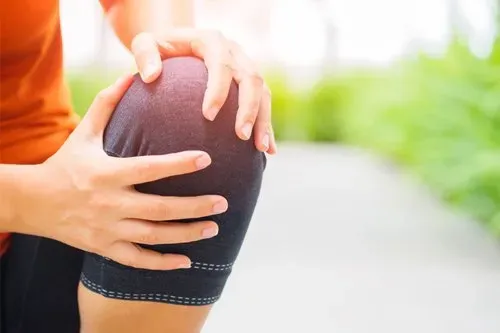Ways to Manage Your Cancer Pain
If you have recently been diagnosed with cancer or you have recently begun going through cancer treatments, you may find yourself experiencing a great deal of pain. While you may think that pain is an inevitable part of the cancer process, you do not have to go through it without the help of treatment.
Ways to Manage Your Cancer Pain
If you have recently been diagnosed with cancer or you have recently begun going through cancer treatments, you may find yourself experiencing a great deal of pain. While you may think that pain is an inevitable part of the cancer process, you do not have to go through it without the help of treatment.
You can manage your cancer pain in a variety of ways. Learn more about the different pain management methods that you can use to treat your cancer pain.
Over-the-Counter Pain Medications
The easiest way to address cancer pain is through over-the-counter pain medications. These medications like acetaminophen and ibuprofen can be purchased at any local drugstore or pharmacy and can help to reduce or ease cancer pain.
However, these medications are not especially strong and if your pain is persistent and severe, you may not want to rely solely on over-the-counter drugs. Taking too much acetaminophen, for example, can result in damage to the liver that could be life-threatening. Too much ibuprofen can similarly cause organ damage and could also result in painful stomach ulcers.
Prescription Pain Medications
Another option for cancer pain is to rely on prescription pain medications. Prescription pain medications vary in type and potency. However, the most common prescription painkillers are narcotic drugs. When you tell your medical team that you are experiencing serious pain from your cancer and/or cancer treatments, they will likely start with the leas potent medication option possible.
In the case of opioid medications, this means that they will start with mild opioids like codeine. If these are effective, then your doctors will stick with such mild medications. However, if your pain increases or is not helped by mild painkillers, they may opt for more potent pain medications like oxycodone or fentanyl to help treat your pain.
Neuromechanical Therapy
Another treatment option that may help you with your cancer pain is known as neuromechanical therapy. This type of treatment combines conventional medical practices with alternative medicine practices to create a unique and highly effective treatment program.
It is based largely on the philosophies and theories of ancient Chinese medicine like acupuncture and acupressure. These theories revolve around the idea that the human body is made up of flowing energy that moves throughout the body to keep everything up and running (much like the blood or the nervous system).
In the body, there are also energy hubs or points that are significant in stimulating the flow of energy throughout the body and keeping that energy flow in balance. While acupuncture and acupressure only utilize tiny needles and manual pressure to access these energy points, neuromechanical therapy takes it a bit further.
Neuromechanical therapy combines these theories from ancient Chinese medicine with conventional medical practices by utilizing electrical or microcurrent stimulation. Depending on where you are experiencing the most pain, the doctor will find the correct acupuncture point on the body. Then, they will send microcurrents through that area to therapeutically trigger the energy to the affected area.
Such treatments can be repeated as needed for cancer pain and can have effects that last for days or weeks. They can also be used in combination with other treatments including medications to provide more comprehensive and long-lasting pain relief.
Physical Therapy
Physical therapy can sometimes also be used to help with cancer pain. Oftentimes, cancer and cancer treatment can cause stiffness and discomfort in the joints as well as sore or achy muscles. Going to physical therapy sessions can help you learn ways of coping with and reducing that pain.
Your physical therapist will teach you strength-training and stretching exercises designed to help you keep those joints and muscles as flexible and relaxed as possible. This can help to reduce your pain over time and will also give you strategies to use at home when your pain levels increase.
With these pain management options in mind, you can be sure that you talk to your medical team about your pain and the treatment options that might work best for you.


